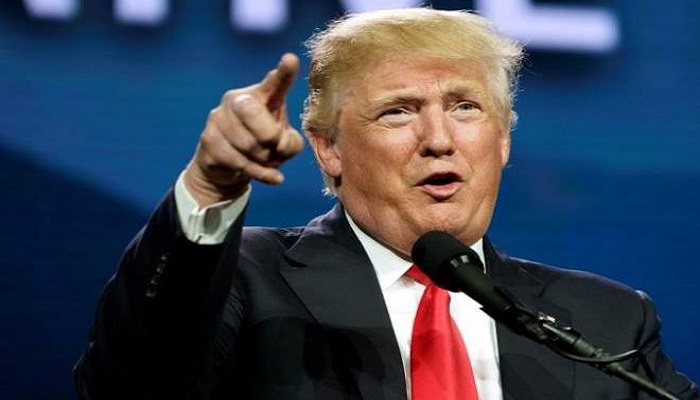
U.S President Donald Trump suffered another legal setback on Monday as a second federal appeals court refused to revive his travel ban on people entering the United States from six Muslim-majority nations in a dispute headed to the U.S. Supreme Court.
The San Francisco-based 9th U.S. Circuit Court of Appeals used narrow grounds to reject the Trump administration’s bid to undo a Hawaii federal judge’s decision blocking the temporary ban. It said the Republican president’s March 6 order violated existing immigration law. But the three-judge panel – all Democratic appointees – did not address whether it was unconstitutional discrimination against Muslims.
A second court, the Richmond, Virginia-based 4th U.S. Circuit Court of Appeals, on May 25 upheld a Maryland judge’s ruling that also blocked Trump’s 90-day ban on travelers from Libya, Iran, Somalia, Sudan, Syria and Yemen.
The 4th Circuit had ruled that the ban, which replaced an earlier Jan. 27 one also blocked by the courts, “drips with religious intolerance, animus and discrimination” aimed at Muslims.
The 9th Circuit largely left in place a nationwide injunction by Judge Derrick Watson that stopped parts of the order, which Trump said was urgently needed to prevent terrorism in the United States. That ruling came in a lawsuit challenging the order brought by the state of Hawaii, which stated the ban would harm its universities and tourism industry.
Even before Monday’s ruling, the case was on the fast track to the Supreme Court, where the administration on June 1 filed an emergency request seeking to reinstate the order and hear its appeal of the 4th Circuit ruling. The Supreme Court could act on the administration’s request as soon as this week.
Trump has been on the losing side in all four court rulings on the March order. White House spokesman Sean Spicer said the administration is reviewing Monday’s decision and expressed continued confidence that the order is fully lawful and ultimately will be upheld by the Supreme Court.

Post Your Comments